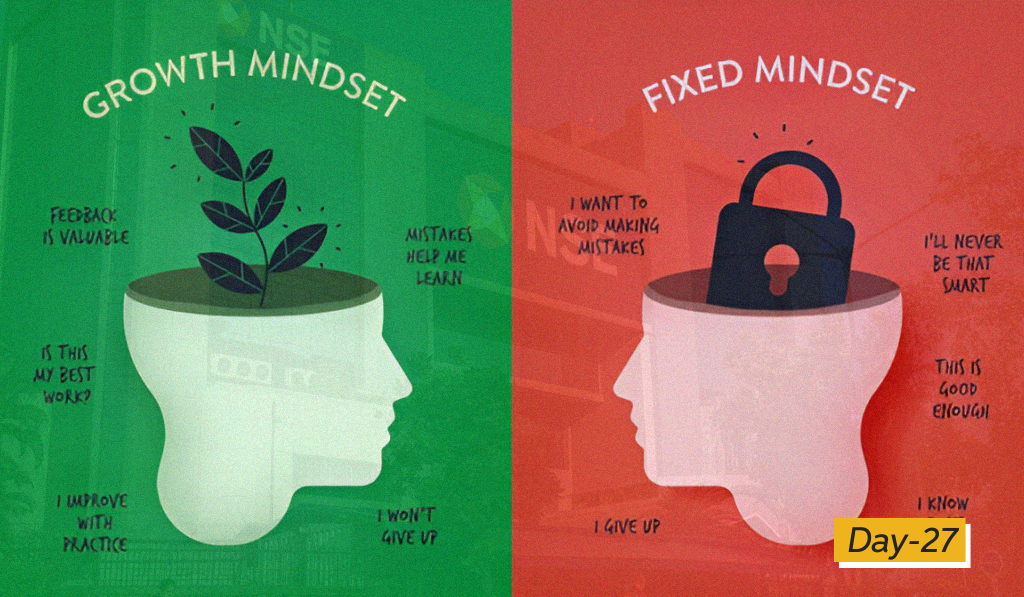In the realm of finance, it’s easy to get caught up in the pursuit of more. More money, more possessions, more status. But the relentless chase for “more” can be a dangerous game, leading to poor decisions, unethical behavior, and ultimately, unhappiness, loss.
The Illusion of More
We often believe that having more will make us happier, more secure, and more fulfilled. But the reality is that the desire for more is often a bottomless pit. As our wealth grows, so do our expectations and desires, leaving us perpetually wanting more, regardless of how much we already have.
This insatiable appetite for more can lead to a never-ending cycle of striving and dissatisfaction, where we’re always chasing the next milestone, never fully appreciating the present moment or feeling content with what we’ve achieved.
The Dangers of Greed
Greed, the excessive desire for wealth or possessions, can distort our judgment and lead us down a path of poor decisions and unethical behavior.
Consider the case of Rajat Gupta, a highly successful businessman who, despite already having amassed a fortune, risked everything in pursuit of becoming a billionaire. His desire for more led him to engage in insider trading, ultimately resulting in his downfall and imprisonment.
Similarly, Bernie Madoff, a once-respected financier, orchestrated a massive Ponzi scheme, driven by an insatiable greed for wealth and power. His actions caused immense harm to countless investors and tarnished his reputation irreparably.
These examples illustrate the destructive power of greed, how it can cloud our judgment, compromise our values, and lead us to make choices that ultimately harm ourselves and others.
The Importance of Enough
The antidote to greed is contentment, the ability to recognize and appreciate when you have “enough.” It’s about finding satisfaction in what you have, rather than constantly striving for more.
Having a sense of “enough” doesn’t mean settling for mediocrity or giving up on your ambitions. It’s about setting realistic goals, appreciating your accomplishments, and finding joy in the present moment.
Cultivating Contentment
Here are a few ways to cultivate contentment and avoid the trap of “never enough”:
- Practice Gratitude: Regularly take time to appreciate the good things in your life, both big and small. This helps shift your focus from what you lack to what you already have.
- Set Realistic Goals: Set achievable goals that align with your values and priorities. Avoid comparing yourself to others or chasing unrealistic expectations.
- Focus on Experiences: Invest in experiences and relationships rather than material possessions. Research shows that experiences tend to provide more lasting happiness than material goods.
- Practice Mindfulness: Be present in the moment and appreciate the simple things in life. Avoid getting caught up in the constant pursuit of more.
- Give Back: Helping others and contributing to something larger than yourself can bring a sense of purpose and fulfillment that material possessions cannot match.
Conclusion
The pursuit of more can be a powerful motivator, driving us to achieve great things. However, it’s crucial to recognize the dangers of greed and the importance of cultivating a sense of “enough.”
By appreciating what we have, setting realistic goals, and finding joy in the present moment, we can break free from the relentless chase for more and create a life of true wealth and fulfillment.






